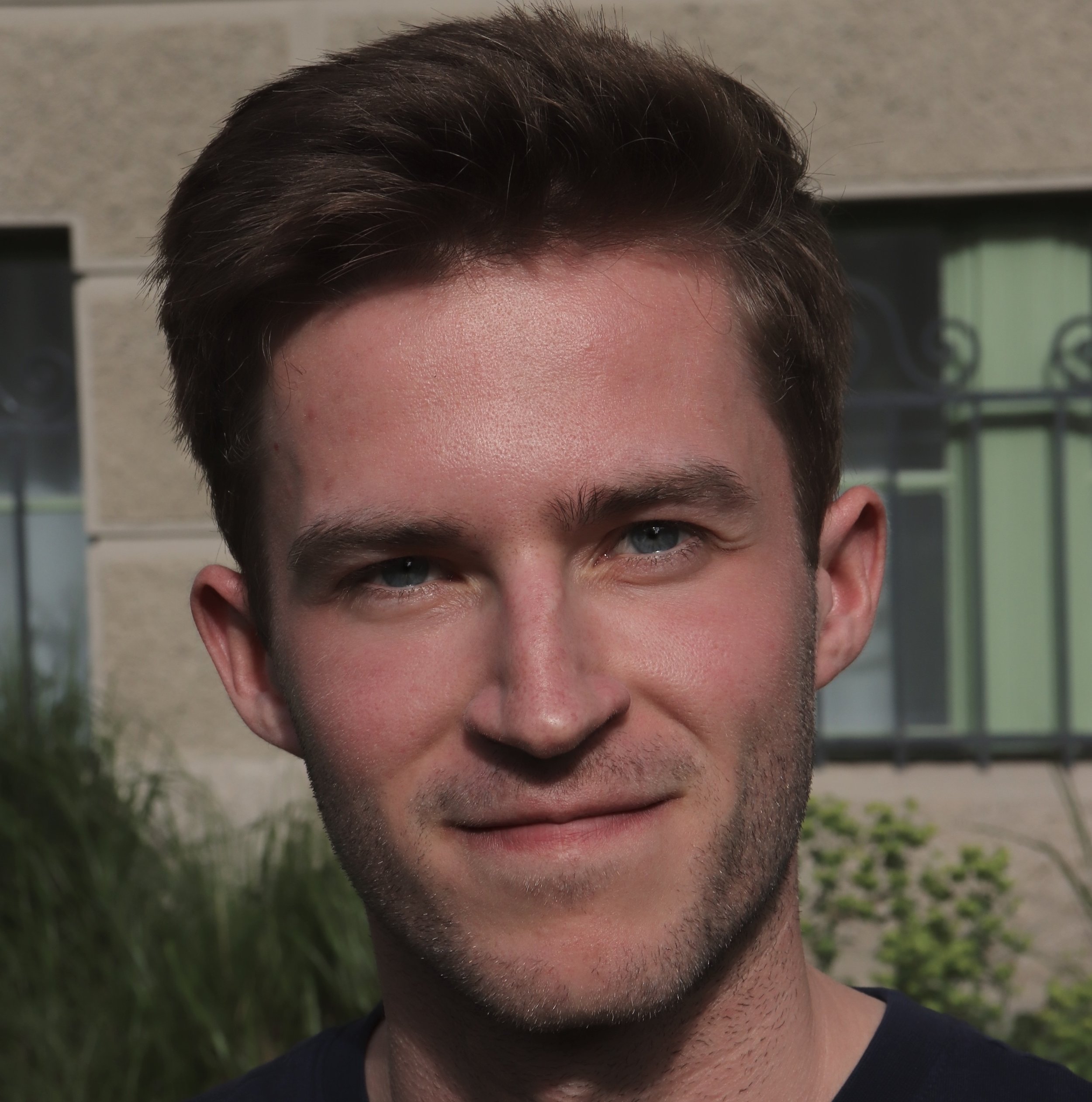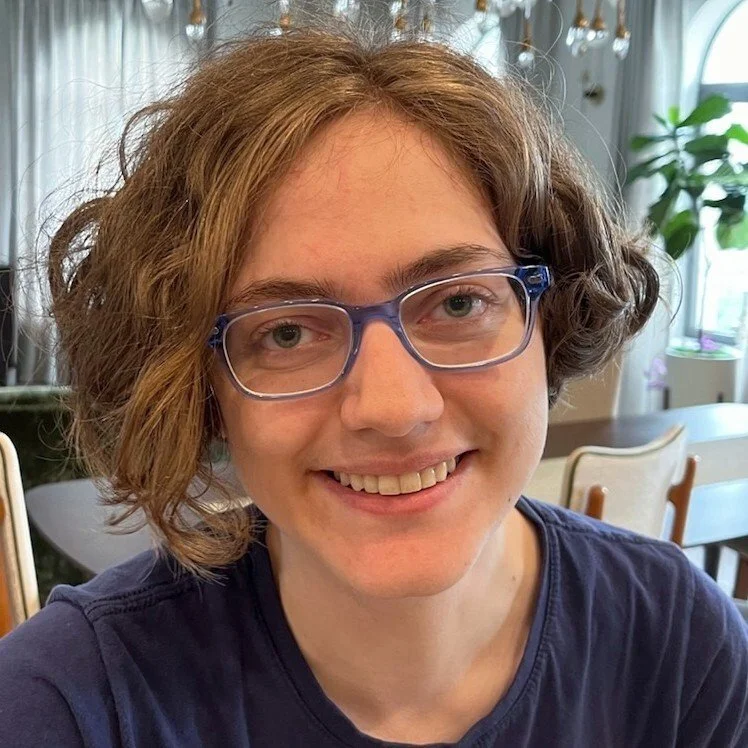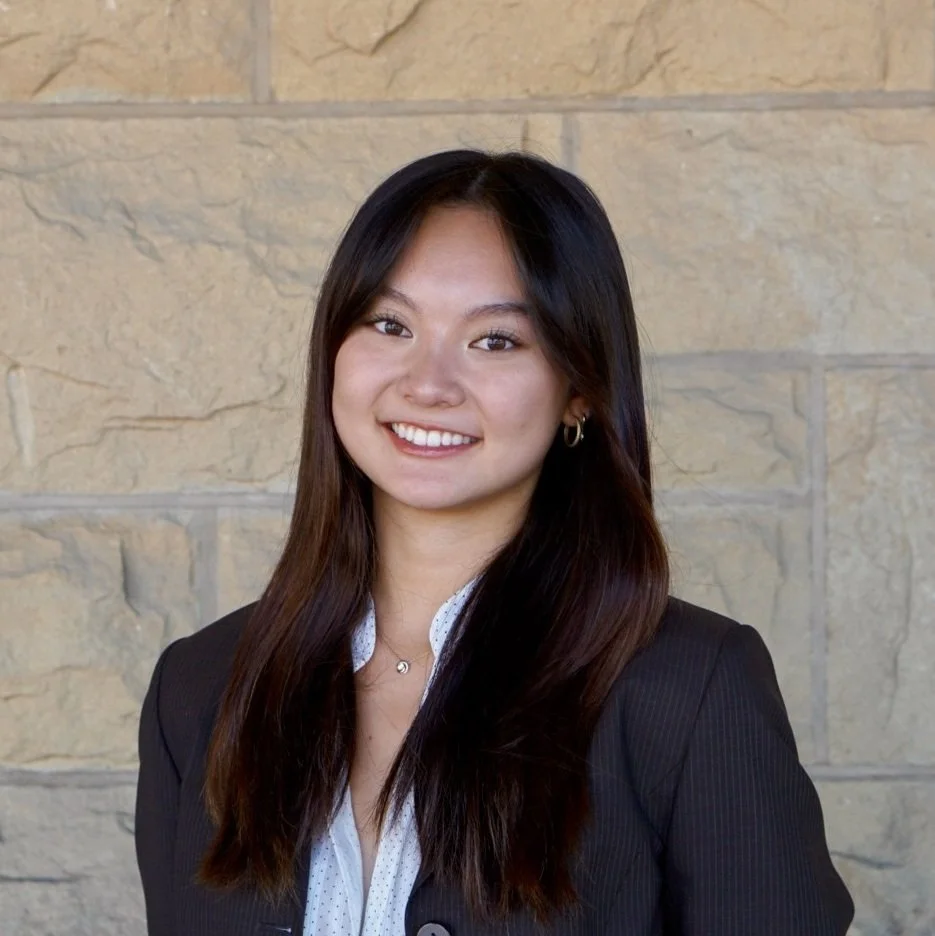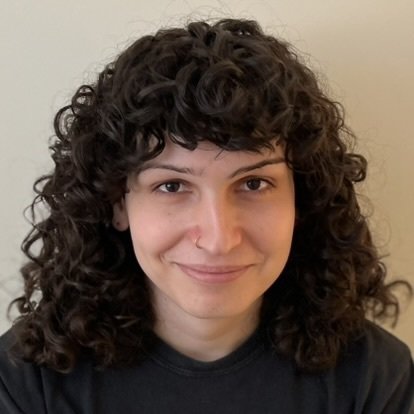Lab Director
Jon Freeman is Associate Professor of Psychology at Columbia University and director of the Social Cognitive & Neural Sciences Lab. His research examines how people understand the social world through a coordination of visual, social, and affective processes. In particular, his work focuses on the cognitive and neural mechanisms underlying person perception, bias and stereotyping, and the real-time dynamics of social and emotional judgments, including the interplay between social cognition and visual perception. He takes an integrative and multi-level approach that makes use of techniques such as functional neuroimaging, computational modeling, and behavioral paradigms. He has also conducted work on mouse-tracking methodology, developing tools that allow researchers to use response-directed hand motion to uncover split-second decision-making.
Freeman is the recipient of a number of awards, including the National Science Foundation CAREER Award, the Association for Psychological Science’s Janet T. Spence Award for Transformative Early Career Contributions, and early career awards from the Federation of Associations in Behavioral & Brain Sciences, the Social & Affective Neuroscience Society, the Society for Personality & Social Psychology, the International Social Cognition Network, and the Society for Social Neuroscience.
Lab Manager
Gabriel Fajardo holds a B.S. in Neuroscience from Boston College and is the Lab Manager at the Social Cognitive & Neural Sciences Lab. At Boston College, he worked with Dr. Stefano Anzellotti, conducting research utilizing multivariate statistical dependence analyses based on neural networks (MVPN) to identify brain regions responsible for audio-visual integration. He aims to understand how the brain efficiently and effortlessly makes sense of the dynamic, high-dimensional data from the social world. Additionally, he is interested in how the brain’s processing of social information differs from non-social information.
Postdoctoral Researchers
Samuel Klein, Ph.D.
Samuel Klein is a postdoctoral research scientist in the Social Cognitive and Neural Sciences Lab at Columbia University. He completed his Ph.D. at the University of California, Davis. To better understand how people think about one another, his research focuses on the information (e.g., traits, social categories) and cognitive processes (e.g., stereotype activation, inhibition) people rely on to derive first impressions, to update those impressions, and to make decisions off those impressions. To answer these questions, he employs a diverse and sophisticated toolkit of computational models (e.g., diffusion decision models), behavioral paradigms (e.g., sequential priming), and data sources (e.g., experimental, large-scale online datasets).
Youngki Hong, Ph.D.
Youngki Hong is a postdoctoral research scientist in the Social Cognitive and Neural Sciences Lab at Columbia University. His research investigates how people perceive others and process information about them. He integrates theories and methods from social psychology, cognitive neuroscience, and machine learning to explore three main research areas: (1) intergroup bias in person perception, (2) mechanisms of facial stereotyping, and (3) real-world outcomes of stereotyping and prejudice. Before joining the lab, Youngki completed his Ph.D. in Social Psychology at UC Santa Barbara, working with Kyle Ratner.
Ph.D. Students
John Andrew Chwe completed his B.A. in Psychology at New York University in 2019 and is now a Ph.D. student working with Dr. Jon Freeman. He is interested in the interplay between conceptual structures and perception. In particular, he plans on investigating how individuals differ in the granularity of their representations and how this can affect perception and behavior.
Maryam Bin Meshar is a Ph.D. student at NYU working with both Dr. Yaacov Trope and Dr. Jon Freeman. She is interested in understanding the cognitive underpinnings of social perception and judgment, and how these processes are shaped by contextual information.
Margaux Wienk completed her B.Sc. in Psychology and M.Sc. in Social Psychology at Vrije Universiteit Amsterdam prior to coming to Columbia. She is interested in how people understand and interact with their broader social environment. Her work investigates how people understand ambiguity in person perception and its consequences.
Bastian Weitz received his B.Sc. in Psychology at the University of Groningen and spend some time at the University of Amsterdam and Stanford Graduate School of Business before starting his PhD with Dr. Jon Freeman. He is interested in how latent concepts shape person perception and the inferences we make about others.
Research Assistants
Faith Drevlow is a post-baccalaureate student in psychology at Columbia University. Faith joined the Freeman Lab shortly after beginning their program and have been part of the lab for a little over a year. Her research interests include neuropsychology, gene-environment interactions, and mental health interventions, and she is passionate about exploring what leads to the development of mental health disorders. Faith will complete her program in December 2024, where she will move back to her home state of Minnesota and start work full-time.
Yara Studer is a senior at Barnard College studying psychology and computer science. She joined the lab in fall 2023, and primarily programs data analysis models and helps run fMRI scans. She is interested in sensory and emotional perception in normal development and in neurodevelopmental disorders. She is also interested in developing computational means to quantify psychological phenomena.
William Fisher is a Post Baccalaureate Psychology student at Columbia University. He worked in Finance for several years before transitioning into the field of Psychology. He is interested in researching the neural mechanisms that influence emotional regulation, self perception, executive functioning, and the relationship between functional connectivity of different networks in the brain and disposition towards psychological disorders and maladaptive cognition. His goal is to get a doctorate and contribute to the development of new therapeutic treatments.
Grace Liu is a master’s student at Columbia University studying Quantitative Methods in the Social Sciences. Her research interests lie in facial recognition and perception, and its neurological mechanisms. She completed her B.S. in Psychological & Brain Sciences from UC Santa Barbara in 2024 and is pursuing UX research.
Olivia La Rue is a senior honors student at Columbia University studying psychology. She works with Gabriel Fajardo on projects involving the neural basis of social categorization and differentiation between individuals belonging to different racial groups. Currently, she is broadly interested in the intersection between psychology and the justice system, especially pertaining to bias and mental health.
Walker Uhls is a junior at Columbia University studying psychology and computer science. She works with John Andrew Chwe on projects utilizing naturalistic stimuli to investigate the dynamic formation of impressions. She is currently interested in the relationship between loneliness and emotion perception.
Eleanor Farry is a senior at Pomona College studying cognitive science. She began working with the lab as a part of the Leadership Alliance's Summer Research program. She works with Gabriel Fajardo on a project looking at the perception of racial ingroup and outgroup members across emotional contexts. Currently, she is interested in exploring the mind through neuroimaging, particularly in the realm of creativity and emotions.
Medha Morparia is a sophomore at Barnard College studying Cognitive Science and Computer Science. She is interested in exploring topics such as perception, human computer interaction, social cognition, and UX research.
Lab Alumni
Robert Gruber
Visiting Scholar
Robert is a Ph.D. candidate in social psychology at the University of the Arts Berlin and is currently a Visiting Scholar in the Freeman Lab. Robert’s research encompasses the field of clothing psychology, focusing on the psychological mechanisms behind human clothing behavior. In one line of research, he examines the vestimentary communication of perceptually unequivocal and ambiguous category memberships to one’s social environment. In another strain of research, he investigates how the functionalities of attire (e.g., physical protection) may extend to the psychological level. Together with Dr. Jon Freeman, he is exploring a clothing psychological approach to attenuate gender and LGBTQ gaps in STEM.
Christina (Jin) Capozzoli
Lab Manager
Jin received her B.S. in Neuroscience from the University of Maryland, College Park. At Maryland, she investigated the neural correlates of early-life temperament. Currently, she is broadly interested in moral cognition and prosocial behavior. She hopes to use neuroimaging and behavioral techniques to understand how we use limited information to make judgements about others, and how those perceptions may affect social decision-making.
DongWon Oh, Ph.D.
Postdoc
DongWon Oh received his Ph.D. in Psychology from Princeton University and was advised by Alexander Todorov. DongWon’s research at Princeton focused on how gender biases play out in facial impressions. Expanding his previous work, DongWon is interested in studying how the complex process of impression formation is shaped by the social environment (e.g., stereotypes), the characteristics of the targets (e.g., face identity, face gender), and the characteristics of the perceiver (e.g., perceiver gender).
Kao Chua, Ph.D.
Postdoc
Kao Chua received his Ph.D. at Vanderbilt University and was advised by Isabel Gauthier. His research at Vanderbilt focused on the role of attention and visual expertise on face and object recognition. In particular, he has studied holistic processing, the tendency for experts to process objects as entire wholes rather than by their constituent parts. This tendency is thought to be important for object recognition and is considered a hallmark of expert level processing. His dissertation explored the role of experience on the magnitude of holistic processing and found that learning more exemplars in a category and receiving more training time resulted in greater holistic processing for that category. Kao is interested in bridging the work he has done in perceptual expertise and categorization with social face perception. In 2019, Kao received an NSF SBE Postdoctoral Fellowship to examine the malleability of trait-based attributions, specifically in terms of whether training and experience can influence implicit biases or automatic evaluative judgments. He is also interested in exploring potential individual differences in making these social judgments.
Henna Vartiainen
Lab Manager
Henna Vartiainen received her BSc in Psychology from the University of Glasgow and her MSc in Clinical Neuropsychology from Leiden University. She completed her clinical internship at the Helsinki University Hospital working with addiction psychiatric patients. Her previous research has explored the top-down neural processes that underlie illusory color vision and functional and structural brain alterations in clinical populations. She is broadly interested in the interplay of neural and cognitive top-down mechanisms and bottom-up processes involved in social perception.
Jeff Brooks, Ph.D.
Ph.D. Student
Jeff received his B.A. in Philosophy, with a minor in Cognitive & Brain Sciences, from Tufts University in 2012 and began his Ph.D. in Social Psychology at NYU in 2015. Jeff is interested in the neural mechanisms that support the influence of conceptual knowledge, context, and other top-down factors on social face perception. His current research is focused on the relative influence of facial cues and conceptual knowledge during facial emotion perception, and how individual differences in conceptual knowledge and various social and cultural factors can influence this process.
Annie Hill, Ph.D.
Ph.D. Student
Annie received her B.A. in Psychology from Vassar College in 2012. She began her Ph.D. in Social Psychology at NYU in 2014. Her research broadly concerns how psychological processes entrench intergroup conflict. She is especially interested in identifying prejudice regulation strategies for intergroup contexts in which discrimination is socially acceptable.
Jared Martin, Ph.D.
Postdoc
Jared Martin received his Ph.D. at the University of Wisconsin–Madison, advised by Paula Niedenthal. His research explores the bidirectional relationship between the human body and the social world. He adopts a social-functional approach to facial expressions in order to understand how facial expressions regulate perceivers’ minds, bodies, and behaviors. Using techniques from machine learning and cognitive psychology, he explores the content of perceivers’ mental representations of facial expressions, including the facial actions and social judgments perceivers associate with them. In another aspect of his work, he uses psychophysiological and neuroendocrine measures to document the differential biological impact of perceiving various kinds of facial expressions in meaningful social contexts.
Benjy Barnett
Lab Manager
Benjy graduated from Sussex University in 2017. Having studied Neuroscience with Cognitive Science for his BSc, he has just finished a MSc in Intelligent and Adaptive Systems. Working with Dr. Keisuke Suzuki and Professor Anil Seth, his work has been focused on using Virtual Reality to understand the neural and cognitive processes that underlie various aspects of bodily consciousness and hallucinations. Benjy is interested in how the predictions we make about the world can influence our perception. Specifically, he hopes to use computational modelling and psychophysical methodologies to investigate the extent to which top-down beliefs about race and gender can impact our perception, and subsequently alter our behavior toward other people.
Julia Ha
Full-Stack Developer
Julia received her B.S. in Computer Science from NYU in 2017. She is a Full Stack Developer in the lab. Prior to joining the lab, she worked as a software engineer at an indoor farm building web and mobile platforms to help optimize farm operations and manage biological systems monitoring and agro-logistics. She’s interested in developing tools that help people better understand the world and exploring her role as an engineer in the movement toward a more equitable and sustainable society.
Hayoung Woo
Lab Manager
Hayoung received her B.S. in Psychology with a minor in Cognitive Neuroscience from Carnegie Mellon University in 2017. She spent her post-baccalaureate year at Carnegie Mellon working with Dr. David Creswell and Dr. Janine Dutcher on an fMRI study examining psychological and neural mechanism underlying the stress-buffering effect of self-affirmation in the face of social threat. She hopes to pursue a Ph.D in Social Neuroscience and is broadly interested in understanding how the brain tracks and responds to different types of social interactions and categorization in a diverse social setting.
Ben Stillerman, Ph.D.
Ph.D. Student
Ben received his B.S. in Cognitive Science from University of California, San Diego and he began his Ph.D. in Social Psychology at NYU in 2015, working with Dr. Jon Freeman and Dr. Dave Amodio. He wants to know how people categorize others and how someone’s membership in various social groups can influence perception of them. He is especially interested in how implicit stereotypes and prejudice alter lower-level visual perception and in finding interventions to mitigate the effects of intergroup bias.
Ryan Stolier, Ph.D.
Ph.D. Student
Ryan was a doctoral student in the Department of Psychology at New York University, where he worked with Dr. Jon Freeman in the Social Cognitive and Neural Sciences Lab. His research bridges methods of psychology and neuroscience to study person perception, social categorization, and stereotyping. In particular, he examines how the structure of our social concepts and beliefs shape our perceptions of others. He is now a postdoc at Columbia with Kevin Ochsner.
Azaadeh Goharzad
Master’s Student
Azaadeh received her M.A. in Behavioral Neuroscience from the City University of New York in 2017. She is interested in the reciprocal relationship between low level visual perception and intergroup relations—specifically, how visual perception of groups and individual group members may be influenced by social factors such as discrepancies in power, threat, social identity, and vice versa. She is also interested in how these perceptual experiences ultimately contribute to behaviors in the context of intergroup conflict and collective action. She is now a Ph.D. student at the University of Delaware with Peter Mende-Siedlecki.
Xi Shen
Master’s Student
Xi was a master’s student at NYU, majoring in Psychology. She worked in the lab as a research assistant and is interested in face perception and its role in social cognitive processes. She is currently a Ph.D. student at Cornell University.
Xuan Zhang
Lab Manager
Xuan received her A.B. in Mathematics, cum laude, Nutrition and Health minor, from Cornell University in 2014. She worked as an undergraduate research assistant in the Laboratory of Rational Decision Making with Dr. Reyna. She served as lab manager from 2014–2016 in the Freeman Lab. She is now pursuing her Ph.D. at Columbia.
Eric Hehman, Ph.D.
Postdoc
Eric is now an Assistant Professor of Psychology at McGill University.
DJ Lick, Ph.D.
Postdoc
DJ is now a User Experience Researcher at Facebook.
Zach Ingbretsen
Lab Manager
Zach graduated from Dartmouth College in 2011 with an A.B. in Neuroscience with honors. After graduating, he was lab manager for Catherine Norris’ social neuroscience lab, and then lab manager / research technician / software development assistant extraordinaire in Jon Freeman’s lab. He is currently a research technician / software engineer in Mina Cikara’s lab at Harvard.
Ryan Tracy
Master’s Student
Ryan was an M.A. student, having graduated from the University of North Carolina Wilmington with a B.A. in Psychology in 2013. He's interested in how people make automatic judgments about the morality of other individuals and how group membership modulates this effect. He is now a Ph.D. student at the CUNY Graduate Center working with Steven Young.





































